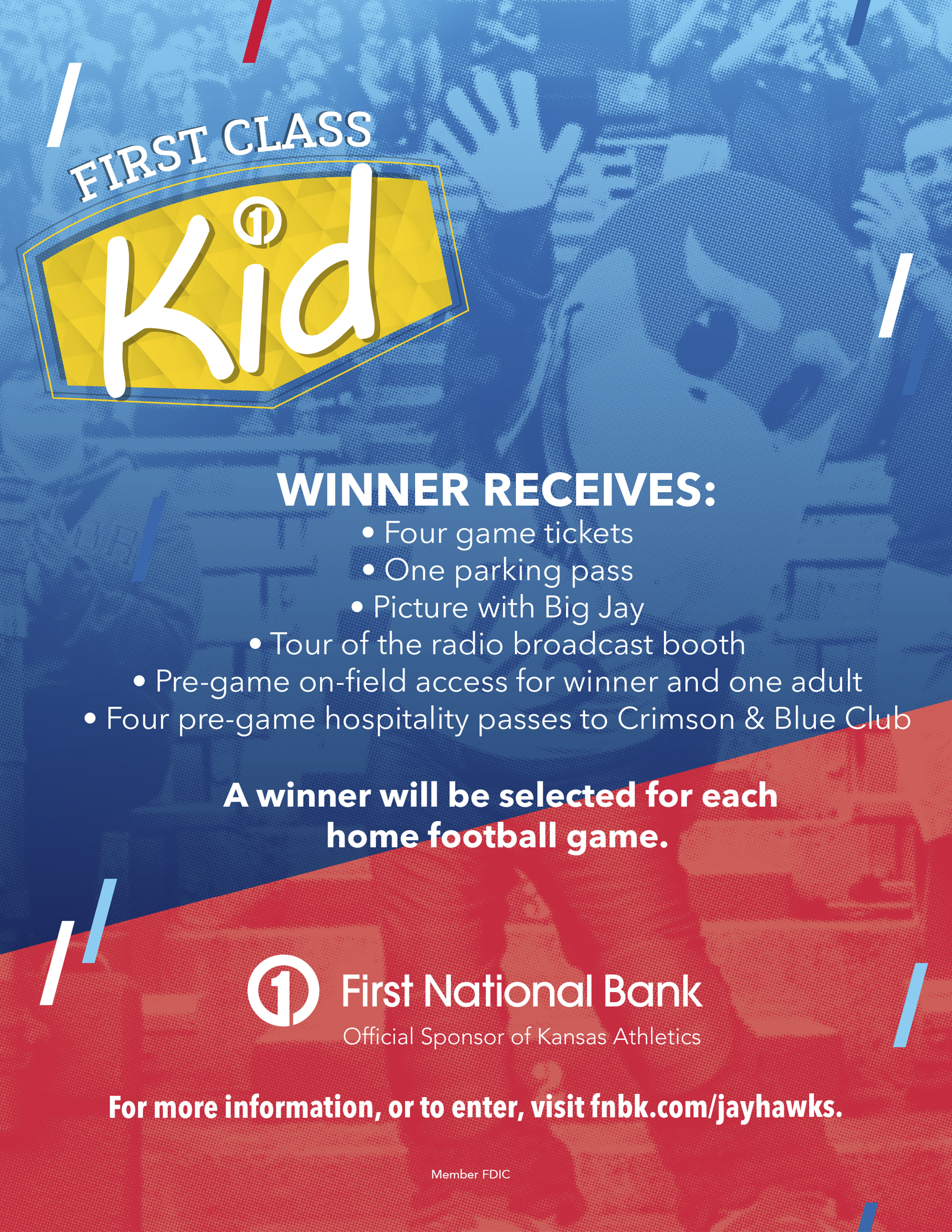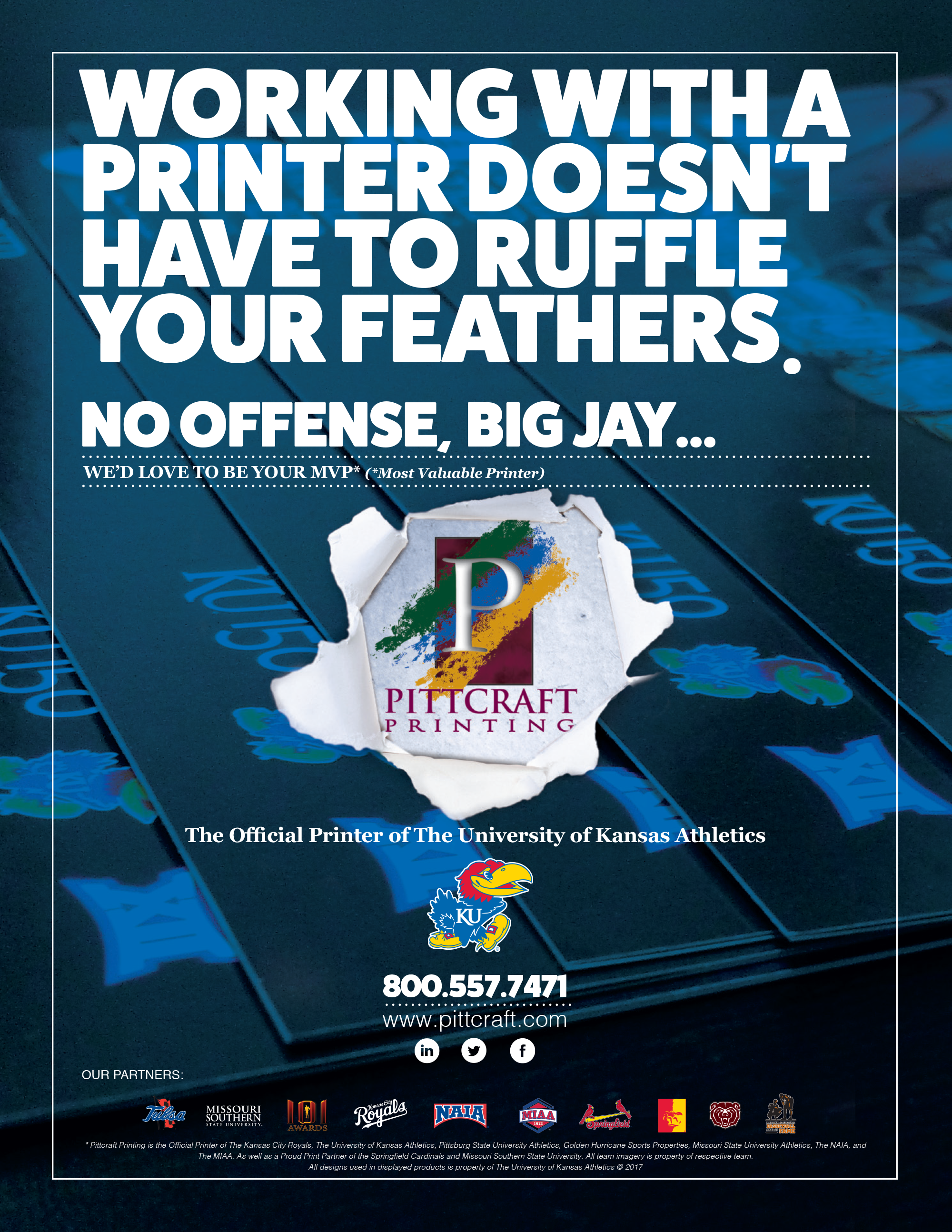RCW: It's not just a Culture, it's a Way of Life
?? Orem, Utah #KUvball pic.twitter.com/2kkYktUCTl
— Kansas Volleyball (@KUVolleyball) August 31, 2017
Mmachi Nwoke gets her first block as a Jayhawk! #KUvball
S2 | 15-12 pic.twitter.com/RUcHEKbgCT
— Kansas Volleyball (@KUVolleyball) September 2, 2017
#KUvball newcomer @MmachiNwoke gives us the proper pronunciation of her name, a great impression of Coach Bird, and more with @Addie_Barry pic.twitter.com/ACB83i5XNr
— Kansas Volleyball (@KUVolleyball) July 26, 2017
IM A JAYHAWK!!?? so excited to announce that I will be continuing my volleyball career and education at KU!????? pic.twitter.com/1LOsCbkQtV
— Mmachi (@MmachiNwoke) January 5, 2017
Nigerian families tend to be large, deep-rooted in tradition, hold a strong belief in higher education, accomplished and extremely tight knit. For Kansas sophomore middle blocker Mmachi Nwoke her Nigerian family is built around this exact same formula.
Nwoke’s parents, Kenn and Nneka Nwoke, moved from Nigeria to the United States during their teenage years in search of the American Dream. Originally Kenn found a job in Colorado, but the couple eventually settled in Texas, which according to the 2013 U.S. census is the state in the union with the highest population of Nigerians at 43,969.
The move to Texas was a natural decision as it allowed Kenn and Nneka the opportunity to start their own family close to their extended family.
“We have more family in Texas than we did in Colorado,” Nwoke said. “All of my aunts and uncles are in Texas. I can’t imagine not having that (support system) growing up. When my parents were away on business for weekends, I would be at my aunt and uncle’s house. I would be around my cousins and all the food. I grew up around our culture.”
Compared to the national average, the Nwokes have a large family as the household soon increased to six after they relocated to Texas. The emigrant couple has four children: Chimez, Ijeoma, Mmachi and Uchenna, and although they were raised in Grand Prairie, Texas, a city in the middle of the Dallas-Fort Worth Metroplex, the Nwokes made sure to instill their Nigerian heritage and beliefs into their kids.
“It is who I am,” Nwoke said. “I could honestly not imagine the kind of person I would be if I was not Nigerian.”
This heritage is so deep-rooted that it literally started on the day Nwoke was born, when she was given the name Mmachi, which means “God’s beauty” in Nigerian. Each of the Nwoke offspring carry a special Nigerian meaning in their birth names.
“My family that I will have, my kids, at least their middle names will be something Nigerian,” Nwoke said. “I know some people who ran away from the tradition, but I feel like my parents giving us names like they did, in the Nigerian language, made it so we can’t run (from our heritage).”
Her parents also shared native cuisine and jollof rice takes top billing as Nwoke’s favorite. Always up for a party, another one of her favorite Nigerian traditions is the “spraying of money” at graduations and wedding gatherings and ceremonies.
“There aren’t a lot of Nigerians (at KU),” Nwoke said. “I think when you leave home you just really have to remember what your parents taught you growing up and don’t lose sight of what you know. (Now that I am away at college), I definitely have more of an appreciation for (the culture). I am very thankful to be Nigerian.”
Nigeria is the seventh-most populous nation in the world at 190 million. Because of its large population and economy, Nigeria is often referred to as the “Giant of Africa.” There are more Nigerian immigrants in the United States, at 376,000, than anywhere else in the world and the American Dream is being achieved.
Back in Nigeria, 70 percent of the country’s population is below the poverty line, while 40 percent of the population is illiterate. However, here in the United States, 37 percent of Nigerians own a bachelor’s degree, 17 percent have a master’s and four percent have earned doctorates according to the 2006 American Community Survey conducted by the U.S. Census Bureau. These percentages reveal that Nigerian immigrants have the highest level of education in the United States. Education matters in the Nigerian culture, and it matters in the Nwoke family as well.
“Education is very, very important to my mom and dad,” Nwoke said. “Still to this day, they care more about my grades and education than volleyball. With my entire family, (education) is a huge thing.”
A typical saying or belief in the Nigerian culture is that “the best inheritance that a parent can give their children is a good education, not jewelry, cash or material things.” That belief is evident in the Nwoke family. Nwoke’s father, Kenn, earned his doctorate’s degree and is an online professor; her mother, Nneke, is a nurse. Both of Nwoke’s older siblings are currently extending their education at pharmacy school, while her younger sister, Uchenna, is preparing to verbally commit to a university as a basketball student-athlete.
Nwoke is currently pursuing her degree at the University of Kansas in community health with plans of extending her education to become a physician’s assistant and probably return to her home state of Texas.
Not only does the Nigerian culture strive for a higher level of education, but the people also make the most of their opportunities by way of hard work. Some of these opportunities come in the way of sport. Nigerian natives Hakeem Olajuwon and Christian Okoye really paved the way for the entire culture in the professional sports world. Olajuwon enjoyed an 18-year career in the National Basketball Association (NBA), while Okoye became the first Nigerian in the National Football League (NFL) running through and over defenses for the Kansas City Chiefs.
Growing up, Nwokes’s parents encouraged all of their children to work hard and pursue their interests. As a tall, lanky and self-described “quirky” kid, Nwoke, who has grown into a 6-foot-1 athletic frame, knew she wanted to play a sport in high school, but, surprisingly, it wasn’t volleyball that first interested her. Nwoke’s first love was basketball, but after breaking her toe she decided the game was much too physical.
That is when she found volleyball, although at first, volleyball hadn’t found her, or at least accepted her. Cut from the South Grand Prairie High School volleyball team as a sophomore, Nwoke’s went back to work on her game and it paid off as she made the roster prior to her junior season. She didn’t just make the team, though. She led the team with 74 blocks and 99 kills and was named the 2014 Grand Prairie Offensive Player of the Year and was also an all-district first-team selection.
Nwoke continued to make the most of her opportunities and as a senior she once again led the team in blocks and kills, but multiplied her output from the previous season. Finishing her prep career, Nwoke totaled 125 blocks and 344 kills en route to being named a 2015 All-Texas honoree. She also parlayed two seasons of high school volleyball into a full scholarship to Arizona State to continue her education and volleyball career.
The hard work and drive continued in Tempe, Arizona, as Nwoke finished her freshman year with the Sun Devils playing in 65 sets. She collected 45 blocks and had 54 kills on a .152 hitting percentage. Ultimately, Arizona State proved to not be the right fit for Nwoke and she transferred to Kansas prior to the start of her sophomore season.
“It’s been great (coming to Kansas),” Nwoke said. “It took me a little bit to get adjusted, because it is a small town, but I want to get better here and I want to get my degree from here. It’s exciting.”
Nwoke has adjusted nicely with the Jayhawks, particularly after her personal coming out party in the four-set victory at West Virginia on October 4. The first-year sophomore came off the bench to give Kansas a spark late in the match, producing six kills on a .556 hitting percentage in just over one set played.
“Mmachi brings a strong skill set in her blocking and has great experience from her career at Arizona State,” senior defensive specialist Addie Barry said. “It really helps diversify our team dynamics to see a different style of play that is effective.”
Kansas volleyball associate head coach Laura “Bird” Kuhn describes Nwoke as a “raw talent” to the sport, but the potential is evident.
“As a staff, we love finding young players like Mmachi,” Kuhn said. “She has such a positive outlook and is coachable. We know she has such a high ceiling in her overall development and will become an impact player. There are circumstances when we can tell she is young to the game, but there are also moments when her voice and aggressive nature at the net show where she is going.”
Kuhn isn’t the only person who knows where Nwoke is going, as she has daily conversations with each of her immediate family members.
“We are very close,” Nwoke said. “I am very close to my brothers and sisters. We have a group message and talk every day. We are just a close family. I just talked to my dad this morning and talked to my sister right before I came in. I’m always talking to my family.”
From a large, tight-knit, accomplished family that is deep-rooted in tradition and with strong belief in higher education, Nwoke is Nigerian and proud of it.




